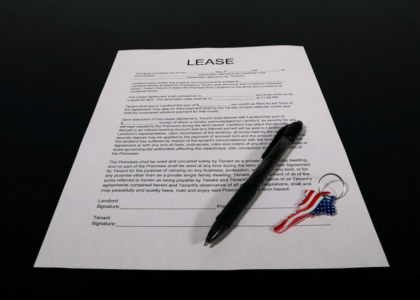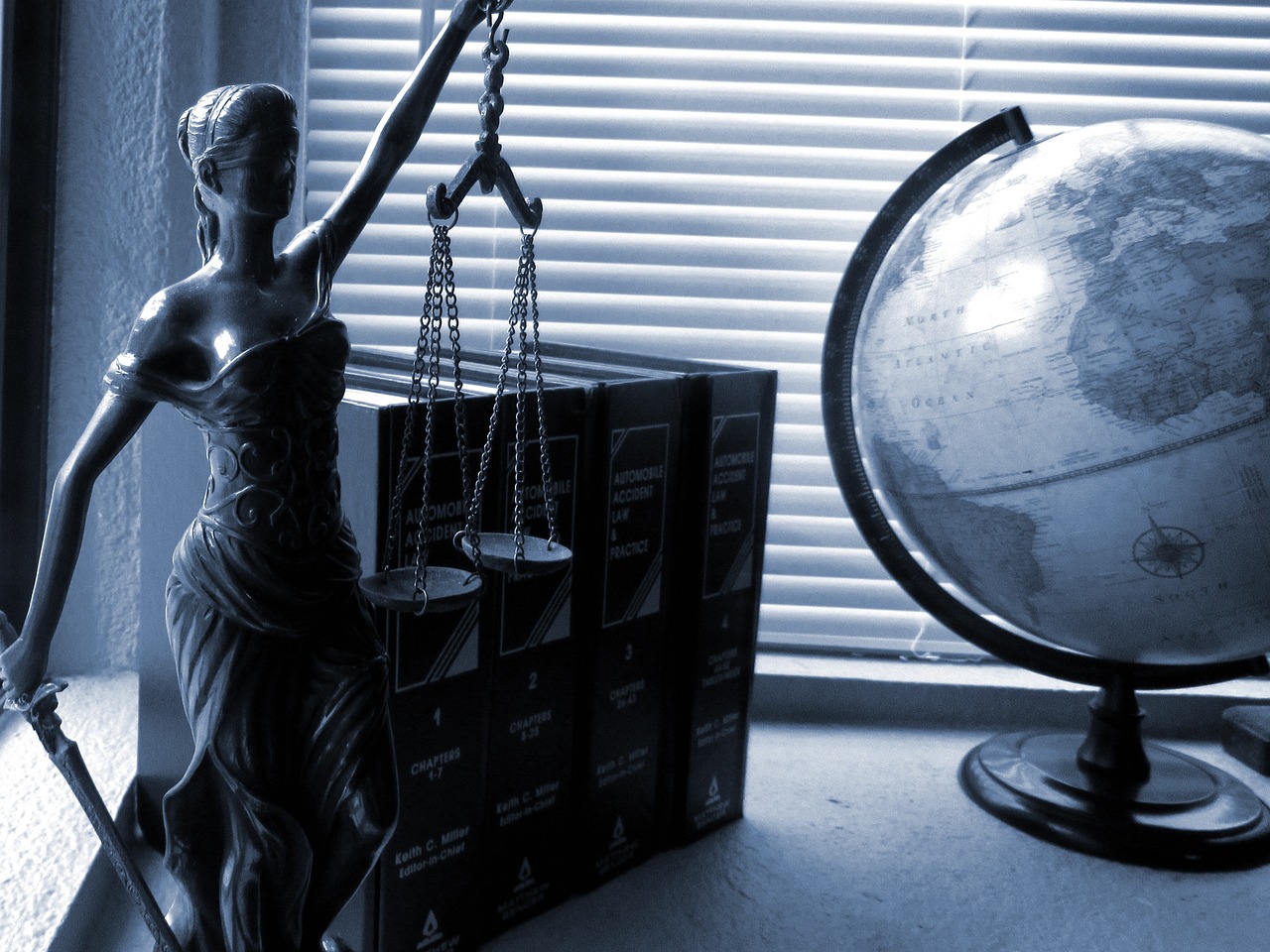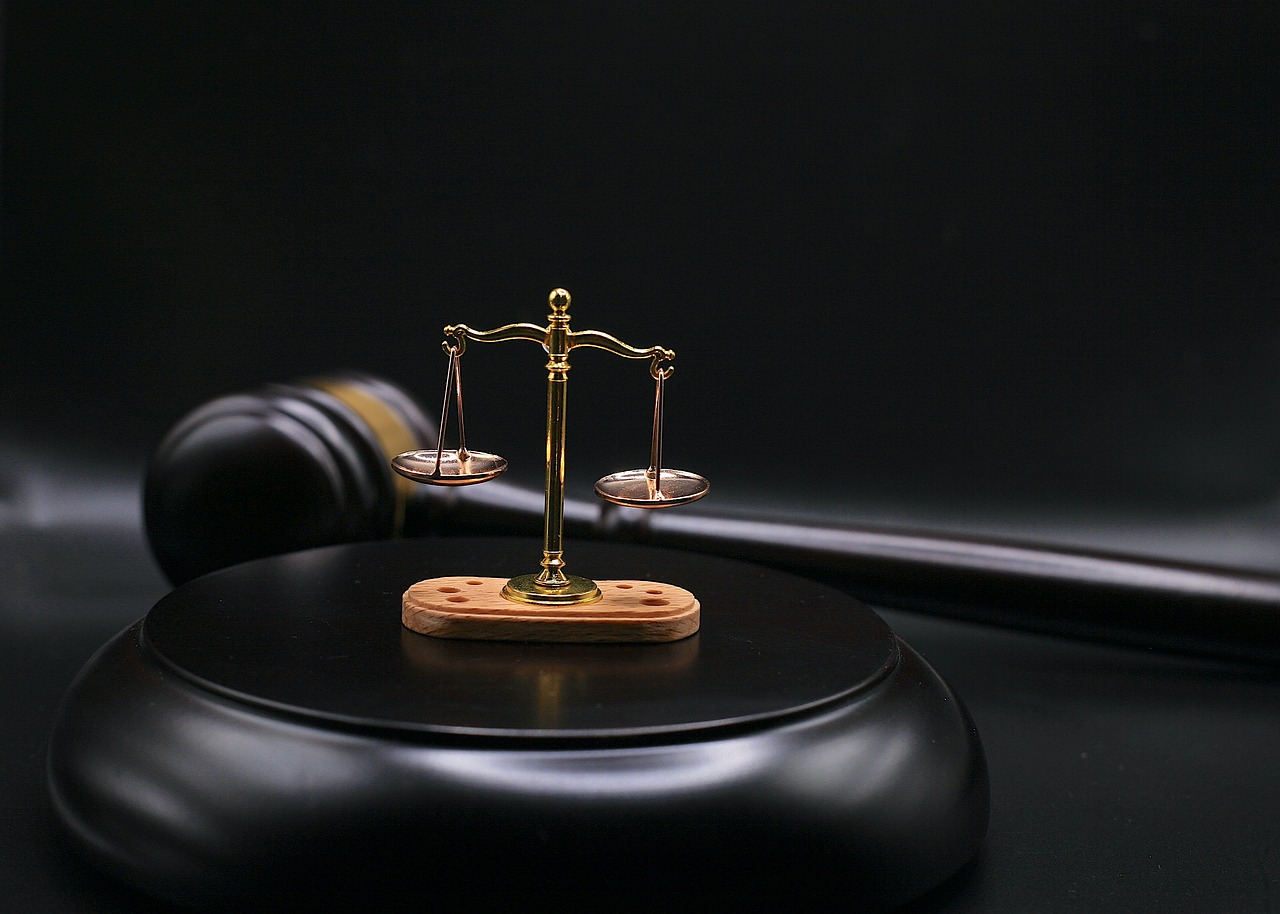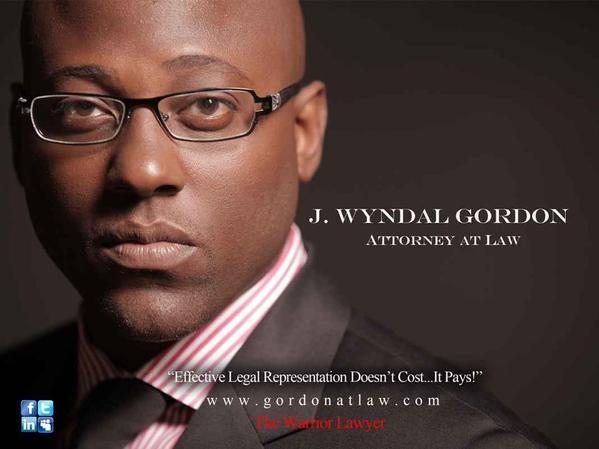Know Your Tenant Rights Before Signing a Lease
Signing a lease can feel like speed dating with paperwork. The unit looks great, the landlord seems nice, and your brain is already arranging furniture. Then you get a contract that’s ten pages long, in tiny font, with a vibe of “trust me.” Pause. Tenant rights exist to keep renting fair, and knowing them early can save you money, stress, and awkward hallway conversations later.
Security Deposits and Move-in Proof
Security deposits are often the biggest upfront hit besides the first month’s rent. Many places limit how much a landlord can charge and set rules for returns. The lease should spell out what counts as damage versus normal wear and tear. If it’s vague, that’s a yellow flag, like a “check engine” light for renters. Before you move in, document the unit like you’re filming a home tour. Take photos and short videos of floors, walls, appliances, and any existing issues. Save them with dates and keep them in a folder. Do a written move-in checklist and send it in promptly. This paper trail can be your best friend if a deposit dispute pops up.
Repairs, Habitability, and Real Responsibilities
A lease can’t usually waive basic habitability rules. That means working heat where required, safe plumbing, no major leaks, and generally livable conditions. If something is broken, landlords often have a duty to fix it within a reasonable time after notice. “Reasonable” depends on the problem, but no one should be stuck with a flooded kitchen for weeks. Read the maintenance section carefully. Some leases push small repairs onto tenants, like light bulbs or air filters, and that can be normal. But watch for clauses that make you responsible for major systems. If the water heater fails, that’s rarely a “DIY weekend project” for tenants. Put repair requests in writing, even if you also call, so there’s a clear record.
Landlord Entry and Privacy Basics

Most jurisdictions require landlords to give notice before entering, except for emergencies. Notice rules vary, but surprise visits are often not okay. The lease should match the law, not rewrite it. If it says the landlord can enter “at any time,” that’s a problem worth questioning. Ask how entry is handled in real life. Do they text first, email, or use an app? Get clarity on showings, inspections, and maintenance visits. Also, check the rules about locks and security devices. Some leases allow you to add a chain lock; others restrict changes. Privacy is a right, not a luxury add-on.
Fees, Rent Increases, and Breaking the Lease
Fees can hide in plain sight. Look for late fees, “convenience” charges for paying online, pet fees, parking, and utility billing methods. Some fees are lawful, some are excessive, and some are just a cash grab wearing a tie. If you don’t understand a fee, ask before you sign. After you sign, it’s harder to argue. Also, review the rent increase rules if it’s a month-to-month lease or a renewal clause. Fixed-term leases usually lock in rent for that term, but renewals can change. Check what happens if you need to move early. Many leases have an early termination fee or require a replacement tenant. Get the process in writing, because “we’ll figure it out later” is how disputes are born.
Wrapping Up: Read Like a Skeptic, Sign Like a Pro
Tenant rights vary by location, but the patterns are consistent: deposits, repairs, privacy, and fees matter most. Slow down, ask questions, and document everything like it’s your side job. A lease should protect both sides, not just the one holding the keys. If something feels off, trust …




 When it comes to 18-wheeler accidents, the vehicle itself can reveal crucial
When it comes to 18-wheeler accidents, the vehicle itself can reveal crucial 

 This can turn your life upside down in a flash. If you’ve sustained significant damage, like fractures or traumatic brain injuries, seeking legal help should be a priority. Medical bills, without realizing it, pile up quickly, and you may face long-term care needs that drain your finances.
This can turn your life upside down in a flash. If you’ve sustained significant damage, like fractures or traumatic brain injuries, seeking legal help should be a priority. Medical bills, without realizing it, pile up quickly, and you may face long-term care needs that drain your finances. Without insurance, the other driver may not have the funds to cover your damages or medical expenses. This situation leaves you in a tricky position regarding how to proceed. Your own insurance policy could come into play here. If you have uninsured motorist coverage, this may help alleviate some of your worries.
Without insurance, the other driver may not have the funds to cover your damages or medical expenses. This situation leaves you in a tricky position regarding how to proceed. Your own insurance policy could come into play here. If you have uninsured motorist coverage, this may help alleviate some of your worries.






 In states that follow comparative fault rules, insurance companies are typically responsible for determining the percentage of fault assigned to each party. It’s essential to understand that their primary goal is to minimize liability and settle claims for as little money as possible. This means they may try to assign a higher percentage of fault to you, resulting in lower compensation. To ensure a fair assessment of fault and proper compensation, it’s essential to seek legal representation when negotiating with insurance companies. A lawyer experienced in car accident claims can help gather evidence and present arguments that support your case for reduced fault.
In states that follow comparative fault rules, insurance companies are typically responsible for determining the percentage of fault assigned to each party. It’s essential to understand that their primary goal is to minimize liability and settle claims for as little money as possible. This means they may try to assign a higher percentage of fault to you, resulting in lower compensation. To ensure a fair assessment of fault and proper compensation, it’s essential to seek legal representation when negotiating with insurance companies. A lawyer experienced in car accident claims can help gather evidence and present arguments that support your case for reduced fault.
 Before you can begin building a strong legal team, it’s essential to identify your specific legal needs. Take the time to assess what areas of law are relevant to your situation or industry. Are you in need of corporate law expertise for business formation and governance? Do you require intellectual property protection or assistance with contracts and negotiations?
Before you can begin building a strong legal team, it’s essential to identify your specific legal needs. Take the time to assess what areas of law are relevant to your situation or industry. Are you in need of corporate law expertise for business formation and governance? Do you require intellectual property protection or assistance with contracts and negotiations? Assessing communication and compatibility is a crucial step in building a strong legal team. Effective communication is essential for smooth collaboration, while compatibility ensures a harmonious work environment. When evaluating potential candidates, pay attention to their communication skills.
Assessing communication and compatibility is a crucial step in building a strong legal team. Effective communication is essential for smooth collaboration, while compatibility ensures a harmonious work environment. When evaluating potential candidates, pay attention to their communication skills.

 In a family law case, both the client and the lawyer play crucial roles in achieving a successful resolution. As a client, it’s essential to be open and honest with your attorney, providing all necessary information and documentation. In turn, your family lawyer will use their expertise to develop a legal strategy tailored to your unique circumstances, represent your interests in negotiations and court proceedings, and guide you through the entire process.
In a family law case, both the client and the lawyer play crucial roles in achieving a successful resolution. As a client, it’s essential to be open and honest with your attorney, providing all necessary information and documentation. In turn, your family lawyer will use their expertise to develop a legal strategy tailored to your unique circumstances, represent your interests in negotiations and court proceedings, and guide you through the entire process.

 Many inventions involve complicated technology and require extensive knowledge to determine whether they are patentable. In these cases, it is essential to consult an experienced patent attorney who can provide the necessary research and analysis to ensure your invention meets the criteria for patentability. At the end of the day, it’s important to remember that patent law is complex and can be challenging to navigate on your own. If you have any questions or concerns about protecting your invention, the best course of action is to seek out a qualified attorney who can provide expert guidance and advice. A good patent attorney will be able to ensure your invention is adequately protected and give you the peace of mind you need. Good luck!…
Many inventions involve complicated technology and require extensive knowledge to determine whether they are patentable. In these cases, it is essential to consult an experienced patent attorney who can provide the necessary research and analysis to ensure your invention meets the criteria for patentability. At the end of the day, it’s important to remember that patent law is complex and can be challenging to navigate on your own. If you have any questions or concerns about protecting your invention, the best course of action is to seek out a qualified attorney who can provide expert guidance and advice. A good patent attorney will be able to ensure your invention is adequately protected and give you the peace of mind you need. Good luck!…

 Communication is key when working with an attorney, so ensure you remain in constant contact throughout your case. Respond to all inquiries promptly and keep your attorney updated on any changes that may arise. Additionally, discuss any deadlines or legal processes you will need to follow, so nothing is overlooked. By following these four tips, you can ensure you get the most out of your attorney. Your attorney is there to help you through a complex legal process and protect your interests, so be open and honest with them, ask questions, stay organized, and communicate effectively. Doing so will give you peace of mind and provide the best possible outcome for your case. Good luck.…
Communication is key when working with an attorney, so ensure you remain in constant contact throughout your case. Respond to all inquiries promptly and keep your attorney updated on any changes that may arise. Additionally, discuss any deadlines or legal processes you will need to follow, so nothing is overlooked. By following these four tips, you can ensure you get the most out of your attorney. Your attorney is there to help you through a complex legal process and protect your interests, so be open and honest with them, ask questions, stay organized, and communicate effectively. Doing so will give you peace of mind and provide the best possible outcome for your case. Good luck.…


